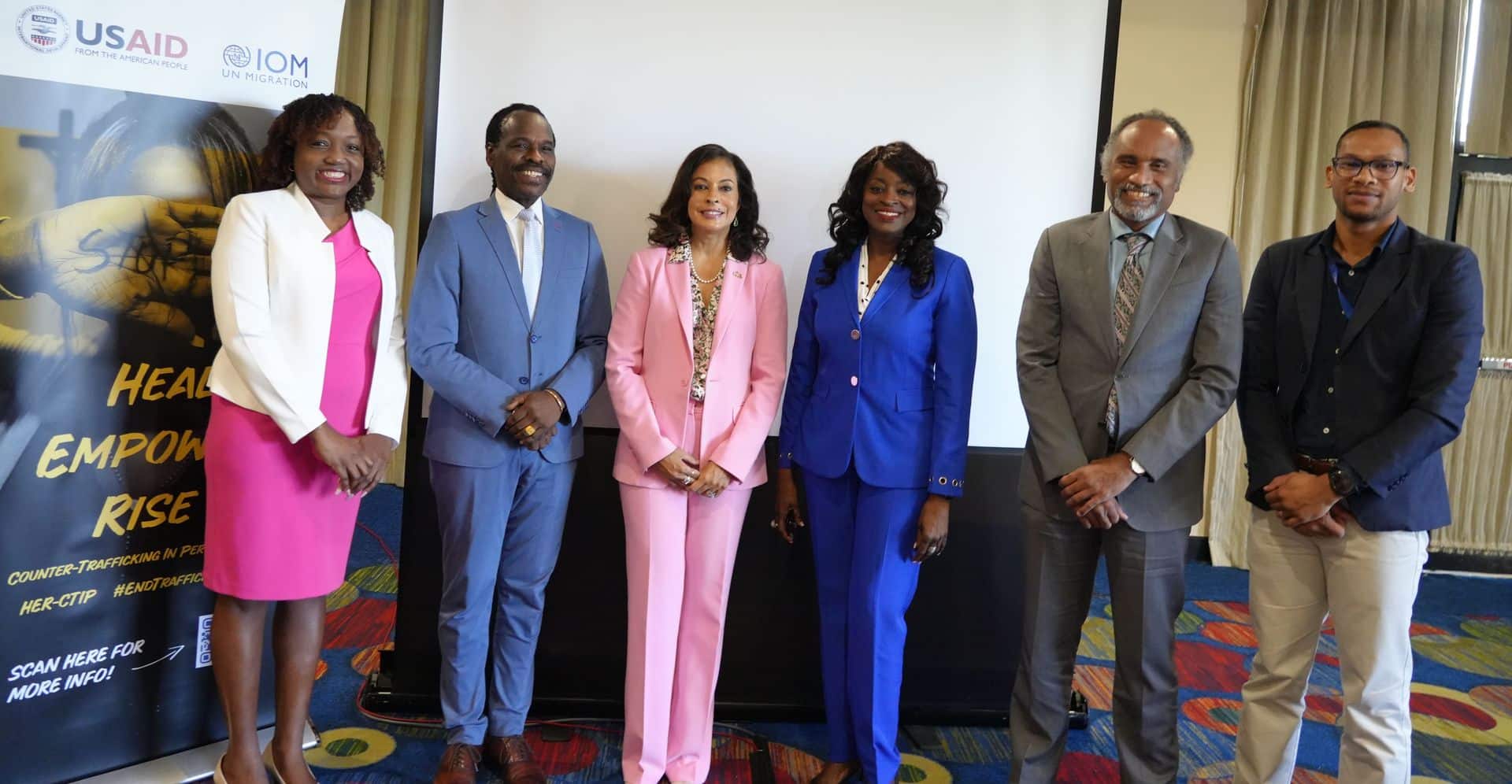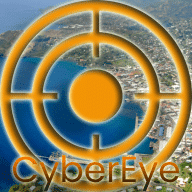
The Government of Trinidad and Tobago, in collaboration with the United States, is taking a significant step forward in the fight against human trafficking by establishing multiple shelters for survivors. This initiative was announced by US Ambassador to Trinidad and Tobago, Her Excellency Candace Bond, at the launch of the Heal, Empower, Rise Counter Trafficking in Persons (HER-CTIP) Project Shelter Management Training.
Ambassador Bond highlighted the urgency of addressing human trafficking, one of the world’s fastest-growing crimes. She noted that the US Government, through USAID, has contributed over US$370 million globally to combat this issue. The establishment of these shelters represents a concerted effort between the International Organization for Migration (IOM), USAID, and the Trinidad and Tobago Government.
The objective of these shelters is to enhance the quality of care and treatment for trafficking survivors in Trinidad and Tobago. Ambassador Bond emphasized a victim-centered approach, ensuring that the voices and experiences of survivors are integral to the healing process.
In a similar vein, Trinidad and Tobago’s Minister of Social Development and Family Services, Senator Donna Cox, announced the creation of a transitional facility specifically designed for women who are trafficking victims. This shelter is part of a broader strategy under the National Emergency/Transitional and Social Housing Programme, which aims to provide comprehensive care, addressing physical safety, nutrition, health services, and trauma recovery for survivors.
The importance of this initiative is underscored by the specialized training program for TIP shelter management and staff, hosted by the IOM in partnership with USAID. This training, occurring from January 24-26, 2024, is crucial for equipping staff with the skills and knowledge necessary to provide effective support to survivors.
This collaborative effort between Trinidad and Tobago and the United States marks a critical advancement in addressing human trafficking in the Caribbean. By providing safe havens and specialized care for survivors, this initiative not only aids in their recovery but also strengthens the overall response to human trafficking in the region.



 and then
and then